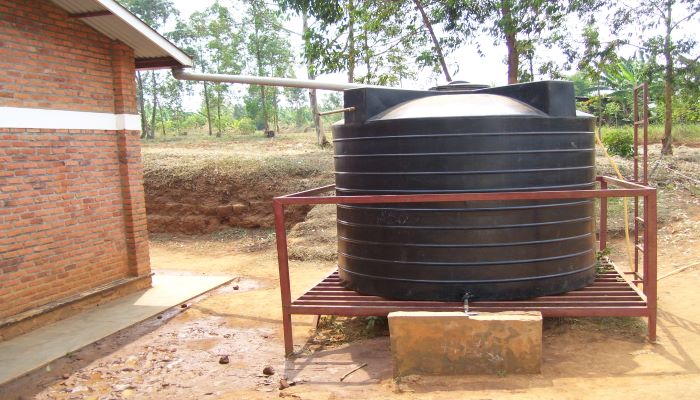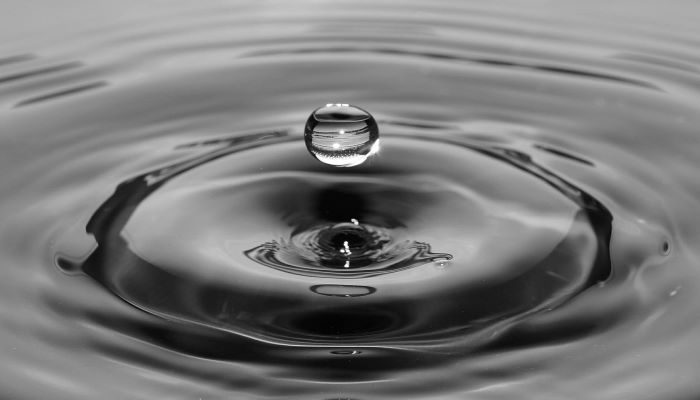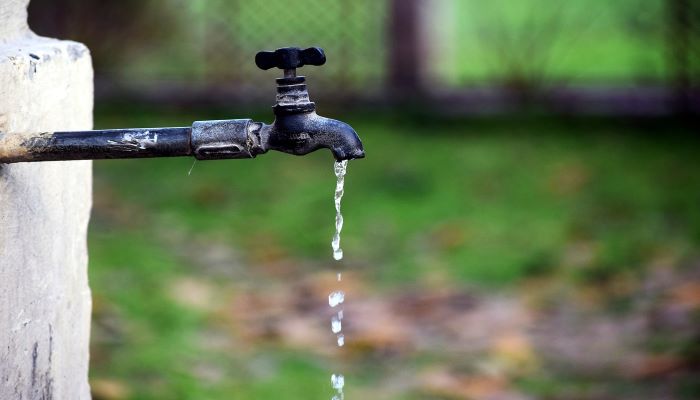During the hottest months of the year, high water rates and mandatory water conservation rules can restrict household water usage to the bare necessities. Taking advantage of alternative water sources can provide water for a variety of uses and reduce fresh water usage. One such source is graywater. Graywater is household wastewater from washing machines, sinks and baths. One of the easiest sources of household graywater to access and use is condensate from an air conditioner.
Air Conditioner Condensate
As warm air is cooled by an air conditioning system, humidity in the air forms condensation. Typically, this water is drained into a sump pump, a floor drain or outside. In hot, humid weather, an air conditioner may produce five to twenty gallons of water per day. This water can be easily captured in a bucket or barrel or redirected to a nearby garden. Condensate capture systems can help collect and redistribute the water where it is needed.
Irrigation
Water from air conditioner condensation can be used to water indoor and outdoor plants. The condensate is pulled out of the outside air, and so it does not contain chlorine or other additives that may be present in normal drinking water. The water can be used to fill a watering can, redirected to a rainwater collection system or drained directly to a nearby garden to water outdoor plants directly.
Outdoor Cleaning
Air conditioner condensate does not contain soaps, chlorine or other chemicals that may be found in fresh water or other graywater sources. As a fairly clean source of water, it can be used to wash and rinse windows, outdoor furniture and vehicles.
Water Features
Air conditioner condensate can be used for decorative water features, such as water fountains. Building a backyard wetland is an industrious, but potentially rewarding project. Air conditioning condensate and other graywater sources can be filtered for reuse in a backyard wetland. Marsh plants help filter contaminants from graywater, generating a relatively clean, balanced water source for a fish pond or irrigation.
Benefits
During the hottest summer months, when the air conditioner is running and generating the most condensate, water rates are likely to rise and water usage restrictions are implemented. Using air conditioner condensate can provide much needed water to gardens on non-watering days. Using air conditioner condensate in place of fresh water can reduce household water costs.
Warnings
Air conditioner condensate may contain contaminants, such as algae. While most household graywater is alkaline, air conditioner condensate is neutral. It should not be used for applications where the pH balance of the water is vital, such as aquariums. Air conditioning condensate is not safe for consumption without special filtering and treatment.
-HomeSteady





